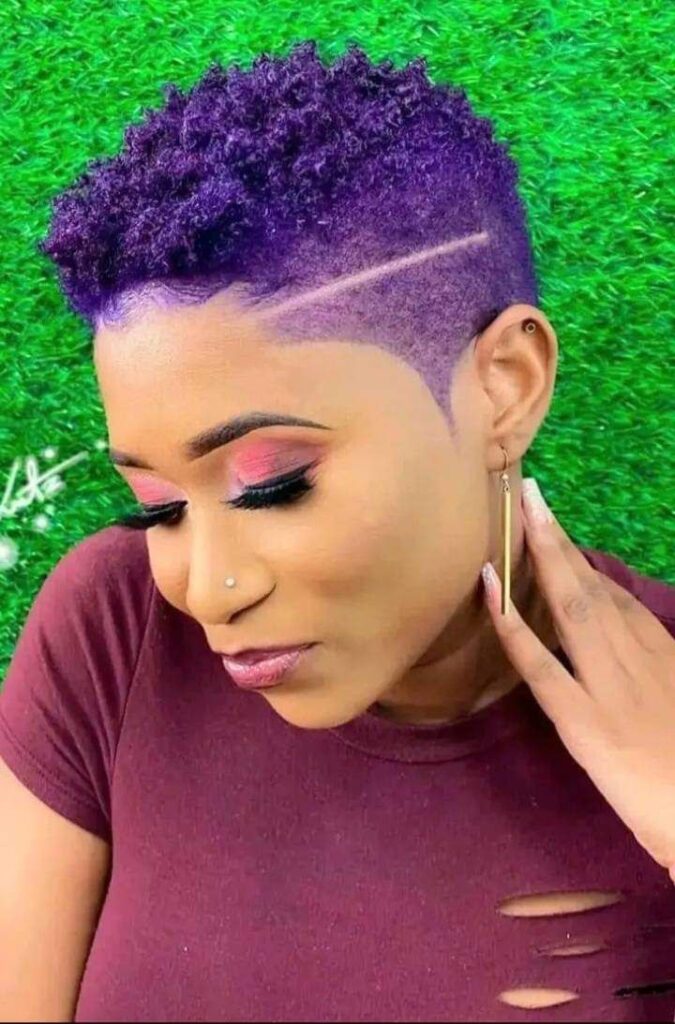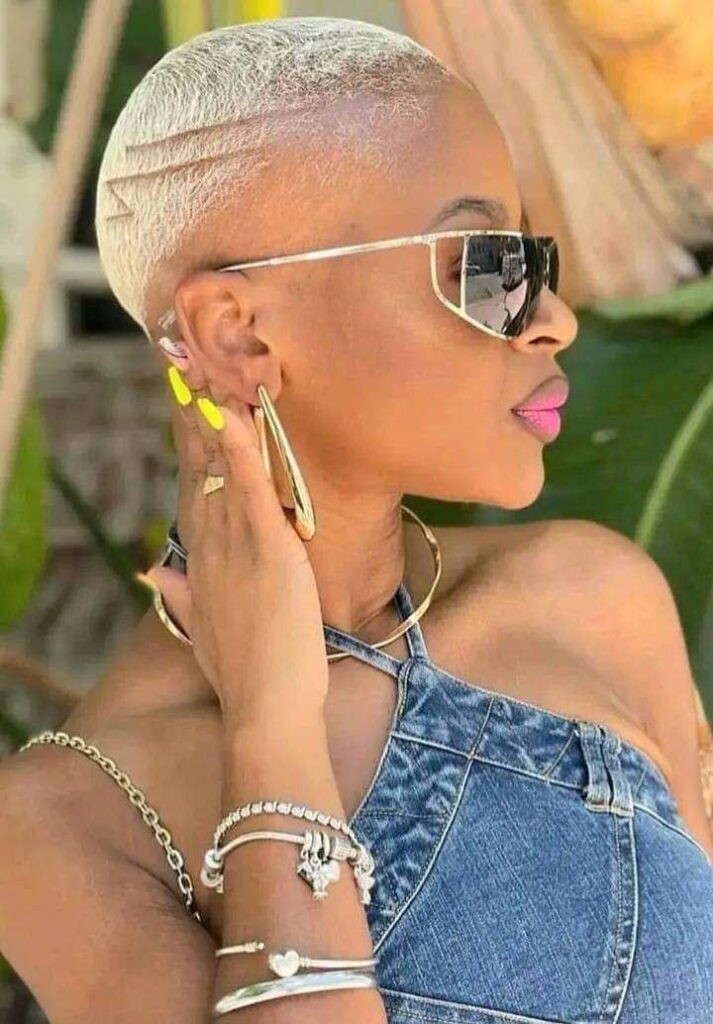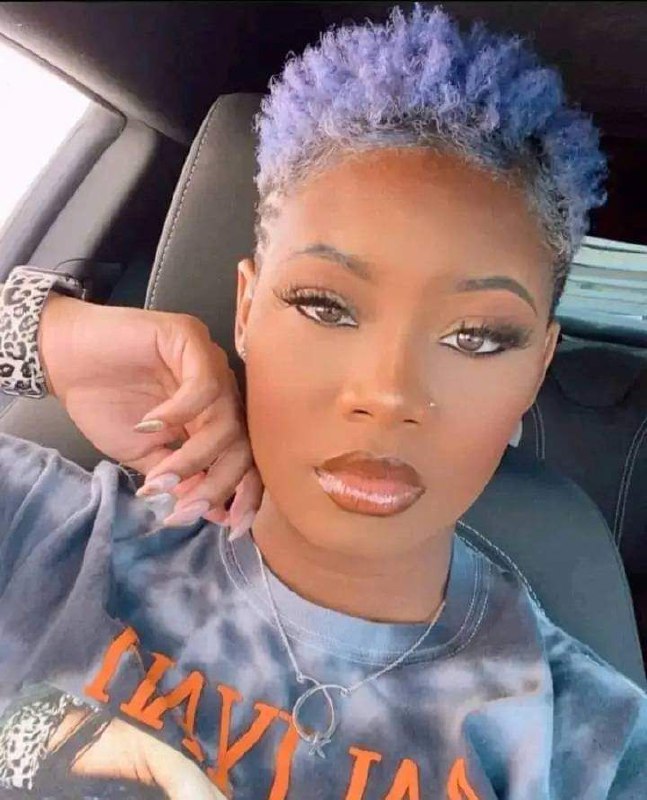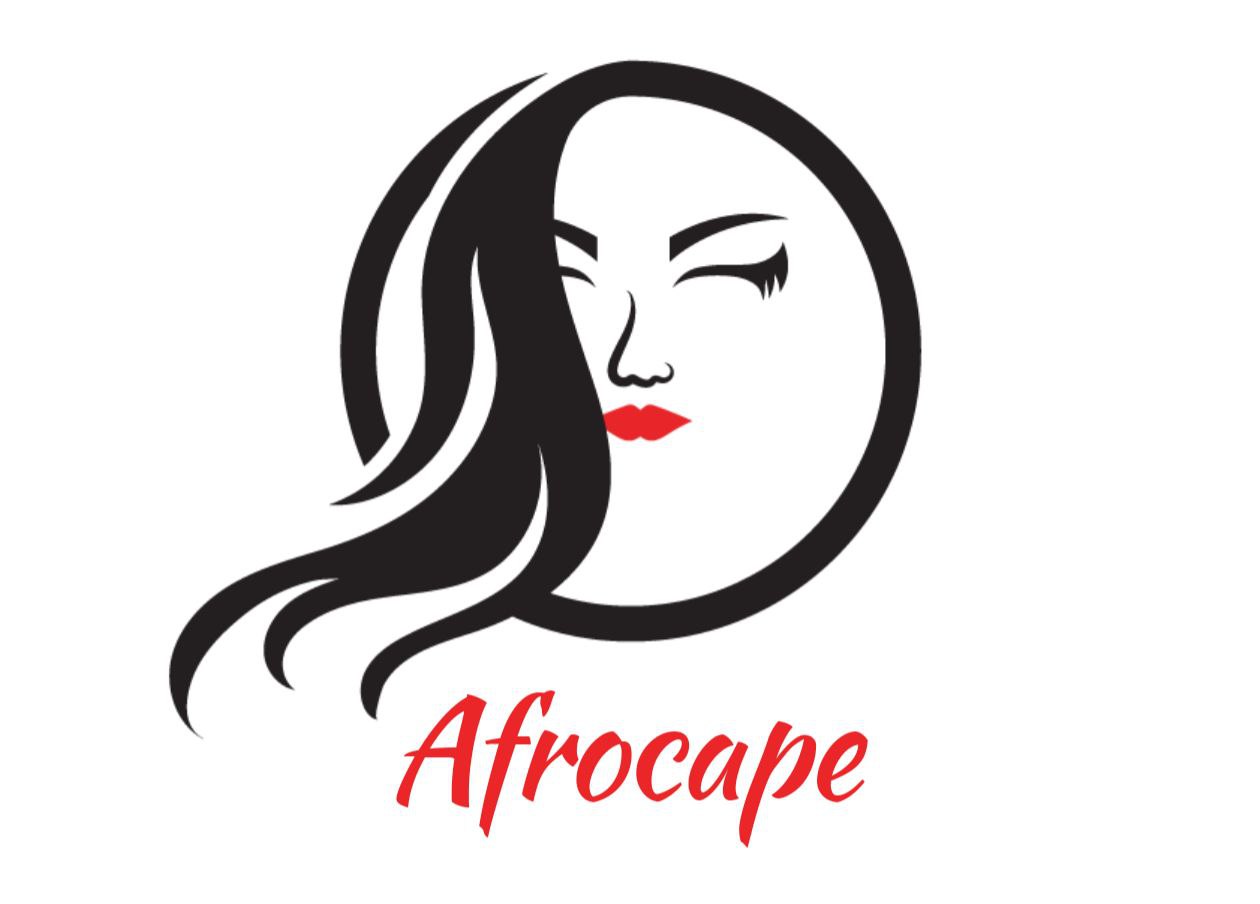Introduction
African hairstyles are more than simply a fashion statement; they represent a strong display of culture, ancestry, and identity. These hairstyles, which are deeply rooted in the continent’s customs, tell a tale about history, community, and personal identity. In this investigation, we will discover the rich and nuanced world of African hairstyling customs.
A Tapestry of History.
To really appreciate African hairstyles, one must first recognize their historical significance. Across the enormous width of the African continent, each group, tribe, and culture has its own style of arranging hair, passing down techniques and patterns through generations. These haircuts frequently represent societal duties, rites of passage, and even the wearer’s age, marital status, or social position.

Braids Are A Timeless Tradition
Braiding is one of Africa’s most recognizable hairstyle traditions. The skill of braiding has great cultural significance and has been a part of African history for generations. The elaborate patterns generated by braiding varies from place to region, with each style presenting a unique tale. In West Africa, Fulani braids are a sign of beauty and social identity, whereas in East Maasai warriors in Africa have vivid beaded hairstyles.
Braids are not only visually appealing; they also serve utilitarian reasons. In certain cultures, braided hairstyles are used to indicate a person’s age, tribe, or even marital status. The tightness and patterns of the braids frequently have cultural significance, ranging from spiritual beliefs to familial relationships.
Natural Hair Movement: Accepting Authenticity
The natural hair trend has seen a comeback in recent years across the African diaspora. This trend praises the beauty of natural textures and challenges the concept that straight hair is the only standard of beauty. Women and men alike are embracing their natural curls, kinks, and coils, which promotes pride and self-acceptance.
Natural hairstyles like afros, twists, and locs have become significant symbols of cultural pride and perseverance. They question cultural conventions and redefine beauty standards, urging people to embrace their individuality. The natural hair movement is more than a fashion fad; it represents a cultural transformation and the reclamation of African identity.
Ceremonial Styles: Celebrate Milestones
African hairstyles play an important part in many rites of passage and ceremonial occasions. Hairstyles are frequently used to symbolize important events such as birth, marriage, and death. For example, the Yoruba people of Nigeria celebrate the birth of a child with a rite known as “idana,” in which the baby’s hair is shaved as a sign of fresh beginnings.
Weddings are another event where African hairstyles take center stage. Elaborate braids, twists, and complicated updos are sometimes embellished with beads, shells, or other culturally significant ornamental items. These ceremonial forms are firmly rooted in the cultural fabric, linking people to their roots and traditions, rather than simply being attractive.

The Impact on Global Fashion and Beauty
African hairstyles have grabbed the hearts of folks on the continent while also influencing worldwide fashion and beauty trends. The bright and vivid designs have made their way into international runways, red carpets, and mainstream media, upsetting traditional beauty ideals and pushing individuals around the world to experiment with their hair.
Celebrities and influencers are freely displaying African-inspired haircuts, highlighting the rich cultural roots behind each look. The flexibility of African hairstyles, from the complexity of braids to the freedom of natural curls, has inspired hairstylists and individuals looking to express themselves honestly.
Conclusion
African hairstyles are a living witness to the continent’s diverse cultural heritage. Each strand, braid, and twist narrates a tale about tradition, history, and personal identity. These hairstyles, which range from complex braids in West Africa to natural curls in the diaspora, are more than simply a means to beautify the head; they represent a celebration of variety, resilience, and cultural pride. As we continue to discover and enjoy the beauty of African hairstyling traditions, we know that these practices are more than simply passing trends; they are eternal expressions of legacy that will grow and inspire future generations.















